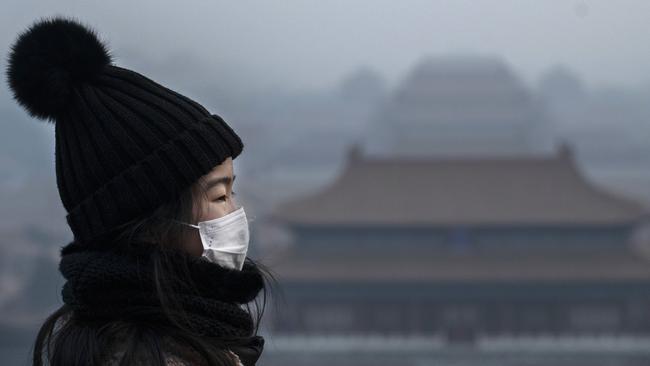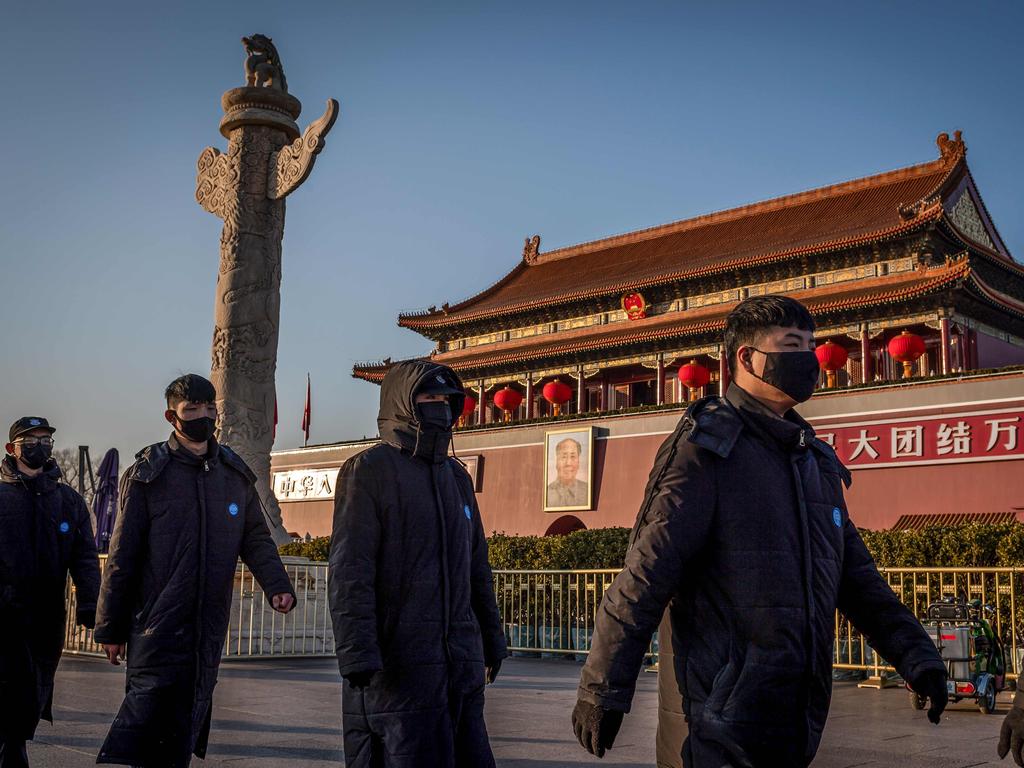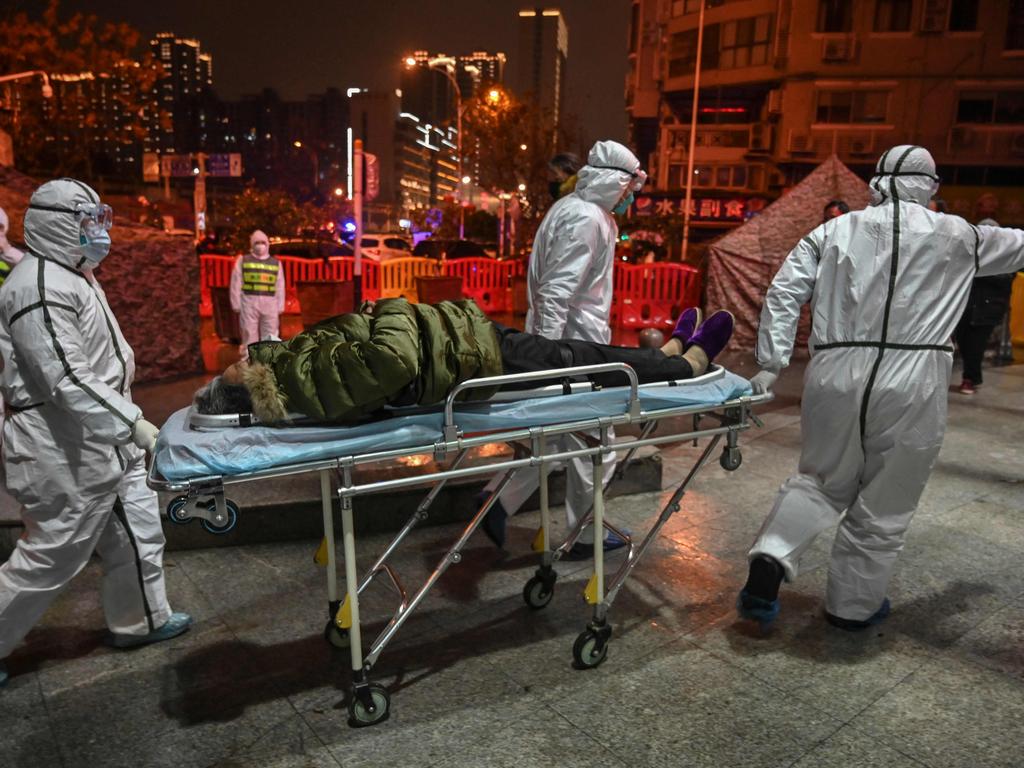
And so, during the last week and over the weekend global investors rushed for US bonds—the traditional safe haven security.
Accordingly, last week the US 10-year bond yield fell by 8.2 per cent from 1.83 to 1.68 per cent. Falls in bond yields are created because the price of bonds rise as investors chase safety, fearing a global downturn.
This week’s bond market will give us a clearer picture of what the bond market believes is ahead.
Many strategists had expected US treasury yields to move higher this year, following shares, partly because of improved prospects for the American economy due to the trade deal signed by the US and China.
Then came the virus which multiplies the drive to safety partly because of the fear of the unknown----just how big is the problem and will the virus spread around the world?
But it is already clear that the impact on China’s economy will be severe. In modern times airline travel is a barometer of what is happening in an economy. In China the figures are staggering.
The government has encouraged people to stay at home, cancelled major public events and is restricting travel for tens of millions.
Overall travel on the first day of the Lunar New Year dropped by 28.8 per cent from a year ago, including falls of 41.6 per cent in civil air travel, 41.5 per cent in rail travel and 25 per cent for road transport.
China Railway Chengdu also announced it would halt several high-speed train routes, including some to Shanghai into early February. Some forty million people are literally being isolated as transport is curbed into the areas surrounding Wuhan.
While the immediate impact is on those providing the travel such as plane and rail operators, in fact behind every one of those lost journeys are a series of businesses including retailers, restaurants and taxi/bus operators who rely on that travel.
And such a huge disruption, plus the genuine fear of the virus, will spread through the Chinese economy, slashing consumer spending over a wide area. We have had such crises before but now we are looking at the world’s second largest economy being hit.
And there are no prizes for guessing who is next. Australia, along with most countries in our region, depends on China.
A big fall in Chinese consumer demand will reduce the demand for steel and its raw materials, iron ore and coal, which we provide. Prices are falling. China’s local governments, including Wuhan and surrounding Hubei province, are already being hit by big debt loads, and the financial toll of this outbreak may cut back infrastructure expenditure and therefore demand for steel.
The repercussions to Australia are multiplying now China has cancelled overseas tours. Our tourist industry is reeling from the bushfires and so now faces a new blow. Tourism is close to the largest non-government employer in the land.
It’s too early to determine whether tertiary education will be affected but universities, particularly those in Victoria, are being hit with a fall in Australian young people studying at universities.
In Beijing local schools, from kindergartens to universities, will postpone resumption of the school year until further notice,
Prime Minister Scott Morrison is planning a major speech this week and it will need to cover both bushfires and the impact of the coronavirus.
Chinese leader Xi Jinping has already become involved in the response effort, issuing a directive to “put people’s safety and health as the top priority and take effective measures to curb the spread of the virus”.
This is a huge challenge for Xi and the ruling Communist Party. Not only is the coronavirus spreading, but it comes at the same time as rising food prices, a slowing economy, and political challenges in Hong Kong and Taiwan.








When we are set for a significant change in the outlook for the share market, it’s usually the bond markets that convey the first signal.